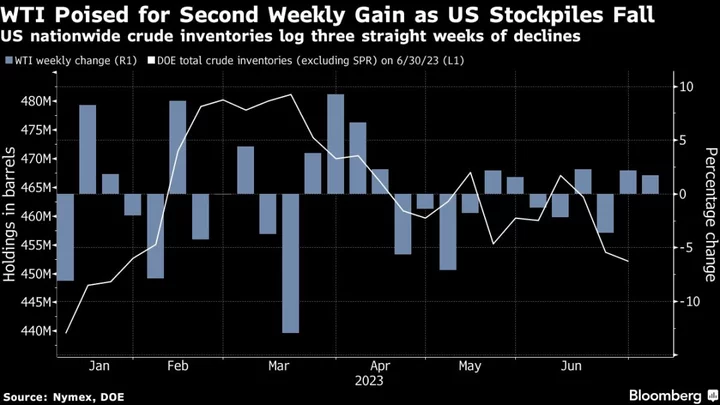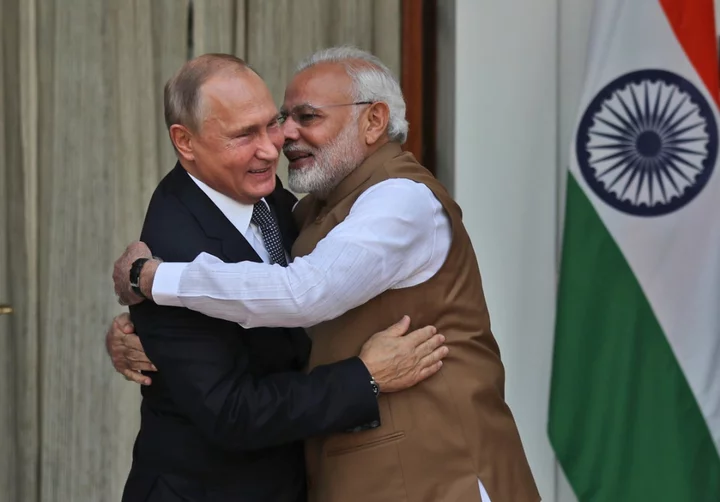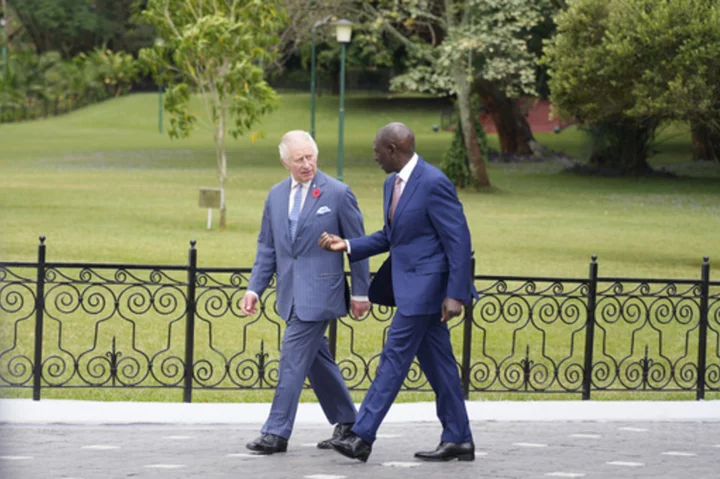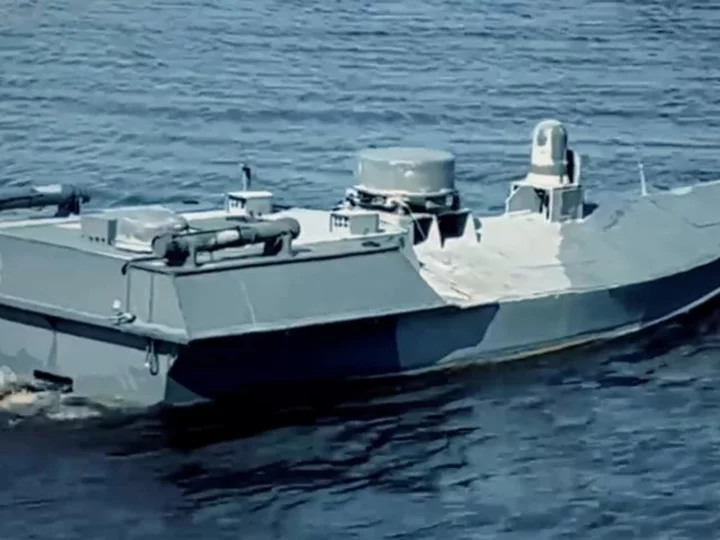Ukraine President Volodymyr Zelenskiy is expected to meet President Recep Tayyip Erdogan in Istanbul late on Friday as the July 17 expiration of the Black Sea grain deal — brokered by Turkey and the UN — draws closer. It’s part of a broader sweep of visits to NATO members that’s taken him to Slovakia on Friday after stops in Bulgaria and the Czech Republic on Thursday, as Zelenskiy seeks a clearer path to joining the military alliance before the group’s summit in Vilnius next week.
The European Union agreed to a raft of measures aimed at boosting the bloc’s production of ammunition and missiles. An EU assessment says sanctions have “significantly degraded Russia’s industrial and technological capacity” and that the impact will continue to build. Russian operators at the occupied Zaporizhzhia atomic plant continue to ignore safety warnings, the UN’s nuclear watchdog said.
The US is expected to announce on Friday that it will provide cluster munitions — banned in over 100 countries including several NATO allies — to Ukraine as part of a new weapons package. The death toll from a Russian missile strike on Lviv in Ukraine’s far west on Thursday has reached ten. Ukraine’s defense spending will remain high into 2024, underscoring the need for allies to provide war-risk insurance to help attract investment, the nation’s finance minister told Bloomberg TV.
Latest Coverage
- Populist or Hero of War in Ukraine: Who is Poland’s Andrzej Duda
- Zelenskiy on Diplomatic Swing as Ukraine Seeks NATO Path
- Biden Agrees to Send Cluster Bombs to Ukraine Despite Concerns
- EU Says Cost of Sanctions Will Hit Russia Harder Over Time
- Ukraine Finance Chief Sees Urgent Need for War-Risk Insurance
Coming Up
- NATO summit in Lithuania July 11-12
- Russian invasion hits 500-day mark this weekend
Markets
Oil Heads for Second Weekly Climb
Oil is headed for a second weekly gain after OPEC+ leaders Saudi Arabia and Russia tightened supplies and US crude stockpiles fell.
Saudi Arabia set large price increases for its crude to Europe and the Mediterranean. In addition, Russia said it would reduce exports by half a million barrels, although output won’t be lowered.









